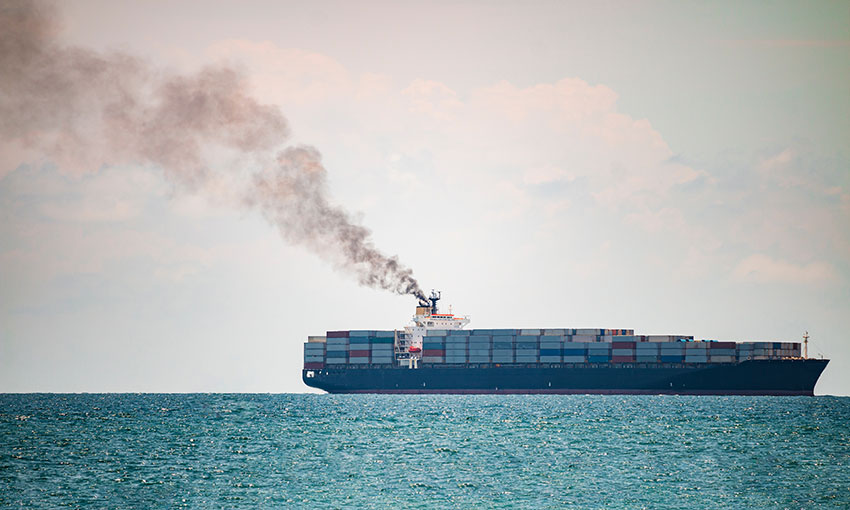THE GLOBAL Shippers Forum has voiced concern that the International Maritime Organization’s upcoming carbon tax discussions will push freight costs for shippers higher than their current record levels.
Carbon tax is reportedly on the agenda for an upcoming meeting of the Marine Environment Protection Committee, which addresses environmental challenges under the remit of the IMO.
According to GSF, the MEPC intends to discuss a proposal put forward by the shipping industry to introduce a carbon tax on bunker fuel.
“This is intended to incentivise a switch to lower carbon emitting fuel options and could eventually double the current price of tradition bunker fuels,” GSF said in a statement.
The potential development would occur under the Initial IMO Strategy on the reduction of GHG emissions from ships, which outlines measures to reduce the carbon intensity of international shipping. It initial strategy is expected to come into effect next year.
GSF urged regulators to ensure the potential for shipping lines to remove older tonnage from the market is not used as “a disguised means for capacity management resulting in higher freight rates”.
GSF director James Hookham suggested the shipping industry has an efficient mechanism for passing through higher fuel costs in the form of bunker adjustment factors.
“Shippers will be forgiven for thinking that the proposal, and its consideration at the IMO will inevitable result in still higher freight rates,” Mr Hookham said.
“There are few reassurances in the existing proposals that a carbon tax won’t just be passed through as an added cost for shippers.”
Mr Hookham said the shipping industry needs to insulate its customers from their inflationary effects if it is serious about market-based mechanisms as a route to decarbonisation.
“Otherwise, emissions will be reduced by suppressing demand for world trade rather than by incentivising the step-changes in fuels and propulsion technology so urgently required,” he said.
GSF urged IMO members on the MEPC to consider the interests of “those who constitute the drivers of international trade” and insist any carbon tax mechanism be fully transparent with exposure to scrutiny.
“The MEPC needs to think through the realities of the shipping market and avoid simplified comparisons with experiences in other sectors of their economies,” Mr Hookham said.





